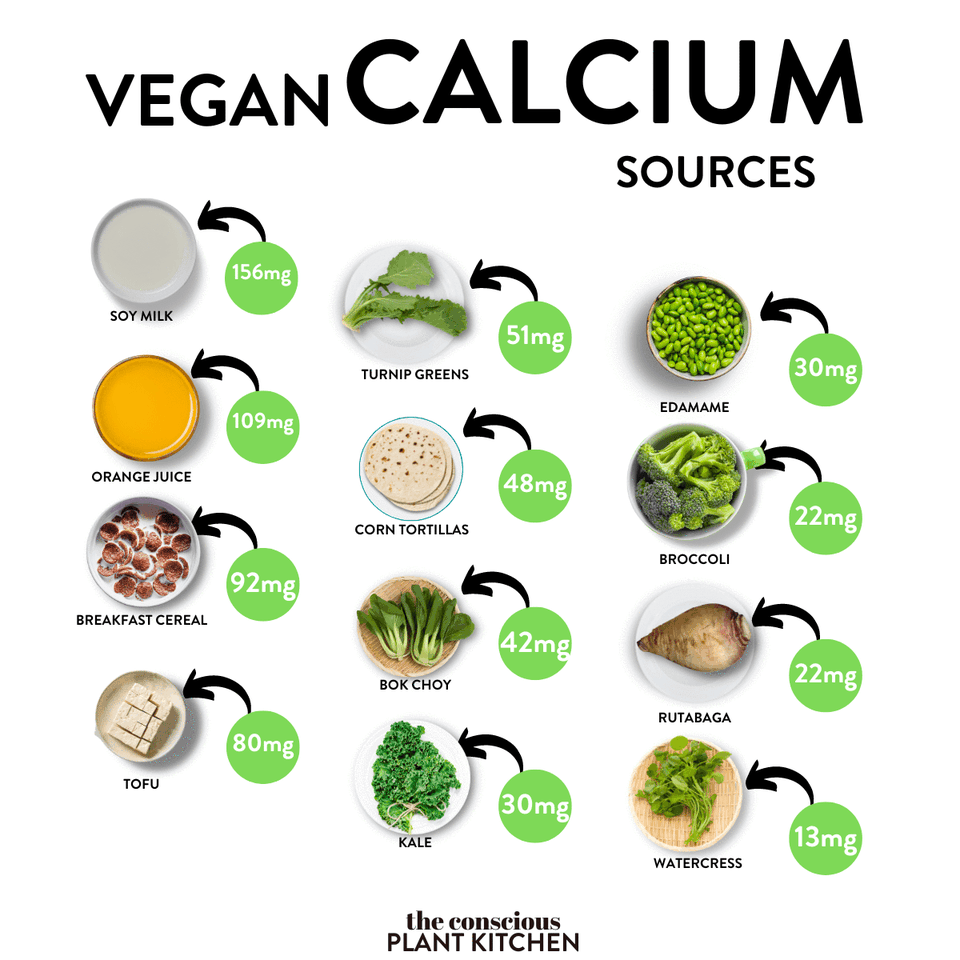The industrialization of agriculture has revolutionized food production, enabling the mass production of meat, dairy, and eggs to meet the demands of a growing global population. However, behind the veil of efficiency and productivity lies a disturbing truth: unethical practices in factory farms are rampant, raising profound concerns about animal welfare, environmental sustainability, and public health.
Unethical practices in factory farms encompass a wide range of disturbing behaviors and conditions, all of which contribute to the suffering of animals raised for food. From overcrowded and unsanitary living conditions to routine mutilations and cruel handling practices, factory farms prioritize profit over the well-being of sentient beings. Animals are often confined to cramped cages or overcrowded pens, deprived of natural behaviors and subjected to stress, fear, and suffering.
Moreover, the use of antibiotics and growth hormones in factory farming further exacerbates unethical practices by posing risks to animal and human health alike. Antibiotic overuse in livestock contributes to the rise of antibiotic-resistant bacteria, threatening public health and diminishing the effectiveness of these life-saving drugs. Additionally, the routine administration of growth hormones to promote rapid weight gain in animals raises concerns about hormone residues in meat and potential health risks for consumers.
In addition to animal welfare concerns, unethical practices in factory farms have devastating consequences for the environment, contributing to deforestation, water pollution, and greenhouse gas emissions. The intensive farming methods employed in factory farming rely heavily on monoculture crops for animal feed, leading to deforestation and habitat destruction in regions like the Amazon rainforest. Moreover, the large-scale production of animal waste creates pollution runoff, contaminating waterways and posing risks to aquatic ecosystems and human health.
Furthermore, factory farming perpetuates social injustices by exploiting vulnerable communities and perpetuating systemic inequalities. Many factory farm workers, often immigrants and people of color, endure hazardous working conditions, low wages, and limited access to healthcare. Additionally, communities living near factory farms are disproportionately affected by air and water pollution, with higher rates of respiratory illnesses, asthma, and other health problems.
Despite growing awareness of unethical practices in factory farms, the industrial agriculture lobby wields significant influence, shaping public policy and regulatory oversight to prioritize corporate interests over ethical considerations. Ag-gag laws, which criminalize undercover investigations and whistleblowing activities in factory farms, shield the industry from public scrutiny and accountability, further perpetuating a culture of secrecy and exploitation.
Nevertheless, grassroots movements and advocacy organizations continue to shine a spotlight on unethical practices in factory farms, mobilizing public support for legislative reforms and consumer-driven initiatives. Campaigns promoting plant-based diets, supporting local and sustainable agriculture, and advocating for animal welfare reforms are gaining momentum, challenging the status quo and demanding a more ethical and sustainable approach to food production.
In conclusion, the prevalence of unethical practices in factory farms underscores the urgent need for systemic change in our food systems. From the inherent cruelty inflicted upon animals to the environmental degradation and social injustices perpetuated by industrial agriculture, the status quo is morally indefensible. By supporting ethical and sustainable alternatives, advocating for policy reforms, and making informed consumer choices, individuals can contribute to a future where compassion, sustainability, and justice prevail over profit-driven exploitation.








